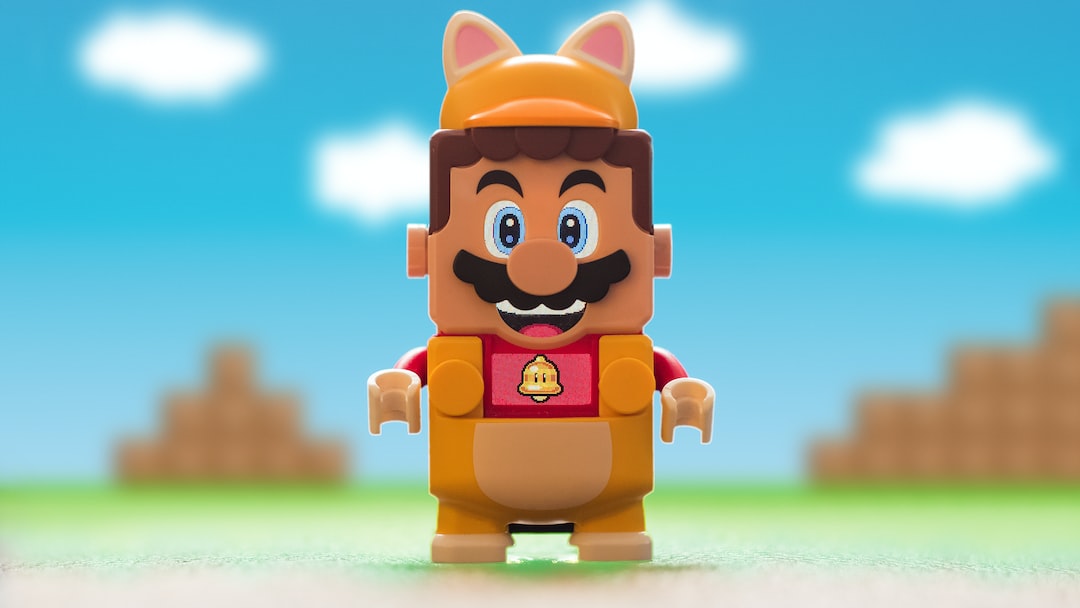The Role of Music in Video Games: Enhancing Atmosphere and Emotional Connection
Video games are a form of entertainment that have the power to transport players to different worlds and allow them to experience various emotions. One crucial element that contributes to this immersive experience is music. Music in video games plays a significant role in enhancing the atmosphere and building an emotional connection between players and the game world.
Atmosphere is a crucial aspect of any video game. It sets the mood, immerses players in the game world, and helps to establish the overall tone of the experience. Music is a powerful tool that game designers utilize to create and manipulate this atmosphere. Just like in movies, certain music can convey a sense of excitement, fear, mystery, or tranquility, among other emotions. By carefully selecting and integrating appropriate music into different game scenarios, developers can significantly enhance the overall immersion and player experience.
One example of how music can enhance a game’s atmosphere is in the horror genre. Horror games often rely heavily on suspense and tension to create fear in players. A well-composed soundtrack can intensify these feelings by using eerie sounds, dissonant chords, and unexpected shifts in tempo. These musical elements heighten the sense of impending danger and keep players on the edge of their seats, increasing the overall immersion and emotional impact of the game.
In addition to enhancing atmosphere, music in video games also plays a crucial role in establishing an emotional connection between players and the game world. Emotional connection refers to the player’s ability to empathize, feel attached, and care about the characters, the story, and the overall journey within the game. Music can evoke strong emotions and enhance the portrayal of these elements, making players more emotionally invested in the game.
For example, in adventure or role-playing games, the main character often embarks on a transformative journey, encountering various challenges and triumphs along the way. The music that accompanies these moments can evoke a sense of triumph, defeat, hope, or sadness, allowing players to connect with the character’s emotions and feel a personal attachment to their story. The impact of music in these situations is evident when players recall a certain melody or soundtrack that triggers a specific emotional response, reminding them of the emotional journey they experienced during gameplay.
Furthermore, music can also be used to enhance storytelling in video games. It can serve as a narrative tool, providing players with clues, foreshadowing events, or reinforcing the overall theme of the game. For instance, a somber and melancholic melody may be used to emphasize a tragic event or the loss of a beloved character. This not only strengthens the emotional connection between players and the game world but also enriches the narrative by engaging players on a deeper level.
The significance of music in video games is not limited to the emotional and atmospheric aspects. It also contributes to the gameplay experience itself. The tempo, rhythm, and dynamics of the music can be synchronized with the action on screen, creating a sense of harmony between the visual and auditory elements. This synchronization not only enhances the immersion but also helps players to time their actions, anticipate events, and make decisions more effectively.
In conclusion, the role of music in video games is undeniable. It has the power to enhance the atmosphere, establish an emotional connection between players and the game world, enrich storytelling, and improve the overall gameplay experience. Game designers, composers, and sound engineers work together to create a harmonious blend of visuals and audio that captivates players, immersing them into a world where music becomes an integral part of the gaming experience. So next time you pick up a controller and dive into a new game, remember to let the music guide your emotions and enrich your gameplay journey.
